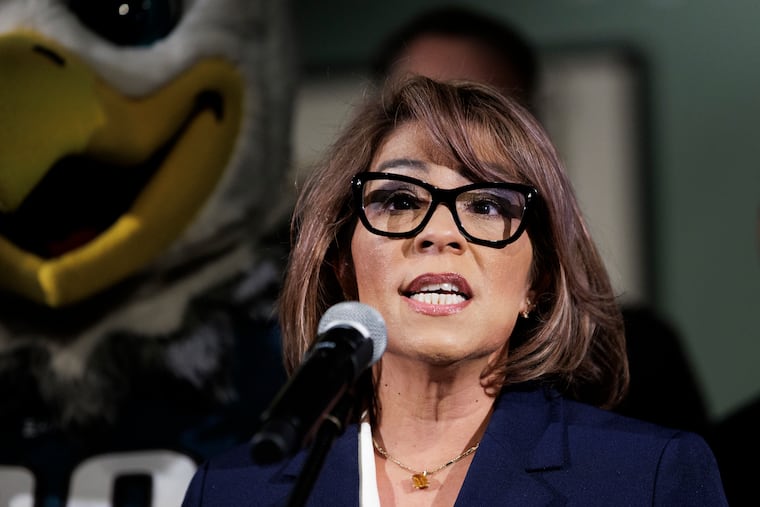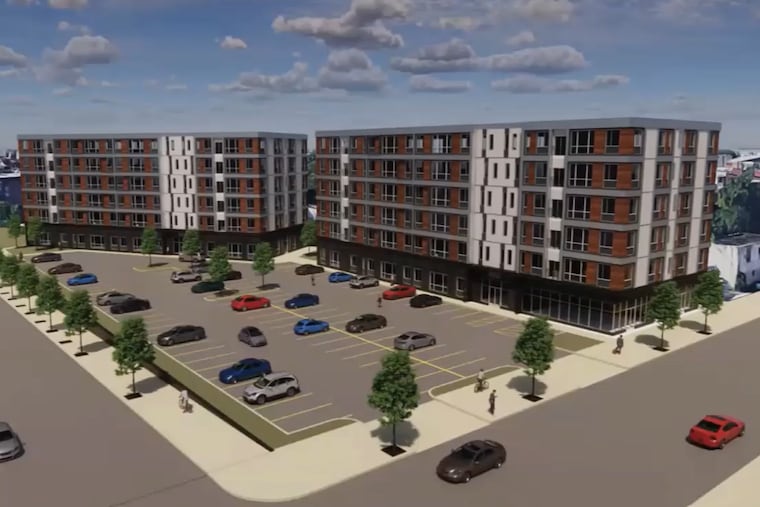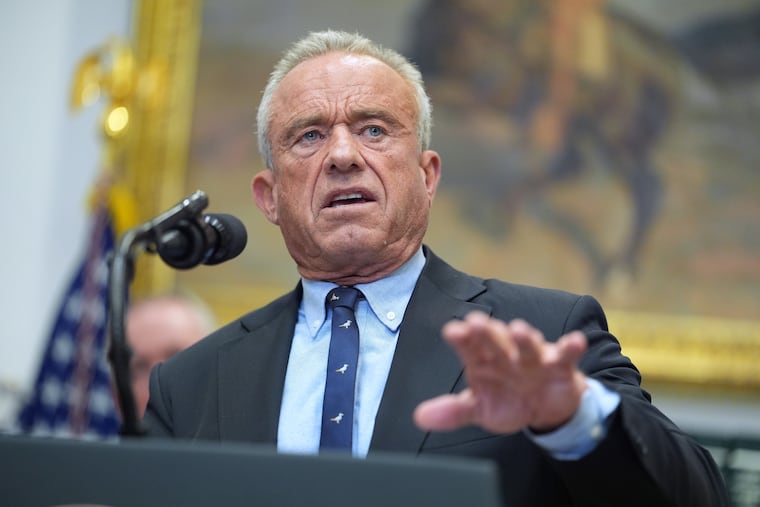Kensington Issues Spark Heated Debates in Philadelphia City Council with Strong Responses from Council Members.
In a recent session of the Philadelphia City Council, a heated exchange unfolded as Councilmember Quetcy Lozada defended her controversial legislation aimed at regulating mobile addiction services in Kensington, a neighborhood grappling with significant drug-related challenges. Lozada’s impassioned remarks came after several service providers voiced strong opposition, criticizing the proposed bill as damaging and detrimental to those in need of support.
The legislation proposed by Lozada would impose restrictions on how medical providers and volunteer organizations operate within Kensington, which is recognized as the city’s largest open-air drug market. Specifically, mobile service providers would be required to function only in city-designated areas and comply with a new permitting system. This legislation has been under consideration for several months, aiming to address growing neighborhood concerns regarding the activities of these mobile units, which range from healthcare services to food distributions.
Lozada’s assertive response highlighted her determination to address the needs of residents living in close proximity to these services. She articulated the anxieties of seniors feeling threatened by individuals experiencing homelessness on their properties, emphasizing the importance of creating a safer communal environment. Her remarks drew support from fellow council members who echoed her sentiments, reinforcing the notion that the proposed regulations were not an indictment of compassion but rather a necessary measure to restore order and safety.
During the session, Councilmember Jim Harrity, representing Kensington, criticized the accusations against the council for allegedly ignoring the plight of individuals struggling with addiction. He affirmed his commitment to his community, expressing his frustration over the negative portrayal of council efforts in managing these complex issues.
In the face of opposition, including voices from healthcare professionals advocating for a harm-reduction approach, Lozada’s bill aims to balance the operational needs of mobile service providers with the interests of the Kensington community. It seeks to categorize services into medical and non-medical, significantly regulating the hours and locations where medical aid can be provided, while allowing non-medical service providers to distribute supplies during limited time frames.
As the council prepares for a final vote next week, the debate surrounding this legislation underscores the ongoing struggle between public health initiatives and community safety concerns. With a growing reliance on mobile services to reach marginalized populations, the outcome of this legislative effort could have profound implications for service delivery models in urban neighborhoods across Philadelphia. The council’s discussions reflect a larger narrative about how municipalities navigate the complexities of addiction, community safety, and the necessity of compassionate care in distressed areas.
Media News Source







